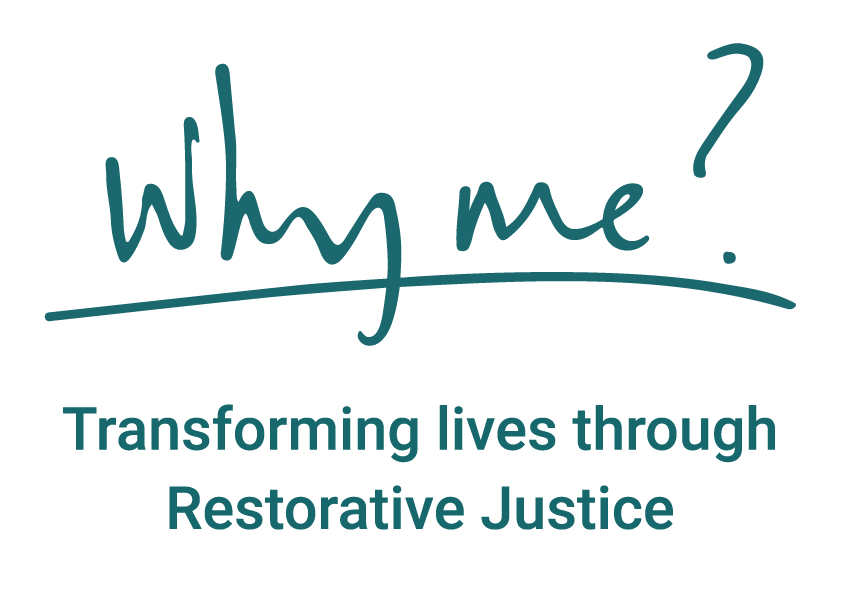Interfaith Restorative Justice
This is a blog by our Strategic Programmes Manager, Kate Aldous.
Why me? is delighted to announce the start of a project exploring using Restorative Justice to address conflict between faiths and communities. This project will be led by the Faith and Belief Forum (F&BF), who will lead on work in Solihull, in partnership with Interfaith Glasgow working locally. Why me? will provide expertise on restorative processes and practice.
Over the last ten years hate crime has grown from 40,000 recorded cases to nearly 160,000 in 2021-22. Faith hate, the second highest after race, is part of this growth. While some of this increase may reflect a higher level of reporting rather than a real increase, each incident is a cause of significant distress for those experiencing it, and therefore it is critical that we find ways to counter these trends and build community cohesion. It has become apparent that instant global communication, which brings so many positives, also brings conflict in other parts of the world into our communities in the UK. Tension in the Middle East has long been reflected in spikes in antisemitism and islamophobia here, and this is playing out again with the current conflict. We also saw conflict erupt in Leicester following events in India between Hindus and Muslims.
Recognising the importance of addressing the increase in faith hate and the vulnerability of communities to international events, Why me? ran two events with F&BF last year to explore how we might address existing tensions, and strengthen relations to stop future discord, inviting experts in the field to share their thinking. Some clear messages emerged on the importance of recognising the complexity of conflict, and the importance of supporting communities to have the difficult conversations about controversial issues. This means really exploring the conflict, rather than tiptoeing around it, leaving questions unanswered and resentment unaddressed – with the potential to reignite. Another theme that emerged was the importance of political and policy support and strong leadership.
F&BF and Interfaith Glasgow have expertise in bringing together those of different faiths to discuss their faith identities, the differences and similarities, and what this means for communities. Bringing this together with Restorative Justice will allow us to both address current conflicts and prevent future ones.
Interfaith community workers Mahmooda Qureshi and Magdalen Lambkin be will be working in Solihull and Glasgow respectively to engage with faith leaders and identify tensions. We will design restorative processes to bring together those of different faiths and of none to get to the heart of the conflict, creating safe spaces to have those difficult conversations. This will build understanding and connection, as well as a change in attitude. Instead of something to fear and avoid, we hope people will view conflict as something inevitable and manageable, which can bring learning and opportunity.
Community faith leaders will be at the heart of the process, receive training in Restorative Justice, and helping to deliver the processes with us. In this way we will ensure that communities have the skills to address and prevent faith conflict beyond the lifetime of the project.
We will write up case studies of the work we deliver and will share our learning in a Good Practice Guide for faith and community leaders, and Restorative Justice Practitioners. There will also be a policy strand through which we seek to influence policy-makers to support this approach.
With events in the Middle East creating conflict and tensions in our communities, this is exciting and timely work. I am looking forward to seeing what comes of it!
